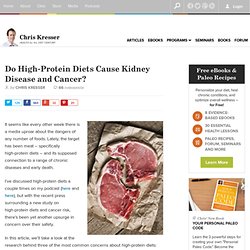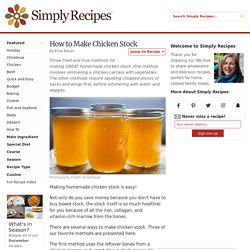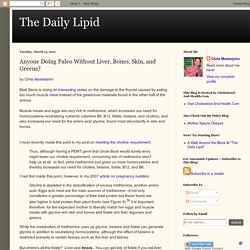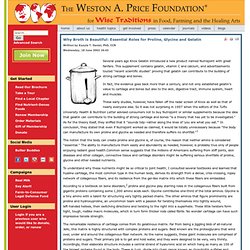

Do High-Protein Diets Cause Kidney Disease and Cancer? It seems like every other week there is a media uproar about the dangers of any number of foods.

Lately, the target has been meat – specifically high-protein diets – and its supposed connection to a range of chronic diseases and early death. I’ve discussed high-protein diets a couple times on my podcast (here and here), but with the recent press surrounding a new study on high-protein diets and cancer risk, there’s been yet another upsurge in concern over their safety. In this article, we’ll take a look at the research behind three of the most common concerns about high-protein diets: kidney health, cancer, and longevity.
By the end of this article, you’ll know what the real danger underlying high meat consumption may be, and how you can easily avoid it by eating a Paleo diet. Will a high protein diet give you kidney disease and cancer? High-protein diets don’t cause kidney disease in healthy people Before getting into this, I want to make something clear. Eat the “odd bits”! How to Make Chicken Stock. Method 1: Leftover Chicken Bones Leftover bones and skin from a cooked or raw chicken carcassCelery (especially celery tops)OnionsCarrotParsleySaltPepper 1 Put the leftover bones and skin from a chicken carcass into a large stock pot.

Add vegetables like celery, onion, carrots, parsley. Cover with water. Add salt and pepper, about a teaspoon of salt, 1/4 tsp of pepper. 2 Bring to a boil and immediately reduce heat to bring the stock to barely a simmer. 3 Remove the bones and vegetables with a slotted spoon, and strain the stock through a fine mesh sieve. 4 If making stock for future use in soup you may want to reduce the stock by simmering an hour or two longer to make it more concentrated and easier to store.
Method 2: Chicken Stock with Raw Chicken Backs, Wings, and/or Legs 1 Coat the bottom of a large stock pot (12 quart), with olive oil. 2 Add the onion, carrot, celery, parsley, leek greens (if using), and bay leaf to the pot. 3 Bring to a boil on high heat and reduce to a low simmer. Other Animal Parts Are Crucial. By Chris Masterjohn Matt Stone is doing an interesting series on the damage to the thyroid caused by eating too much muscle meat instead of the gelatinous materials found in the other half of the animal.

Muscle meats and eggs are very rich in methionine, which increases our need for homocysteine-neutralizing nutrients (vitamins B6, B12, folate, betaine, and choline), and also increases our need for the amino acid glycine, found most abundantly in skin and bones. Thus, although having a PEMT gene that Uncle Buck would surely envy might lower our choline requirement, consuming lots of methionine won't help us at all. In fact, extra methionine just gives us more homocysteine and thereby increases our need for choline, betaine, folate, B12, and B6. Glycine is depleted in the detoxification of excess methionine, another amino acid.
But where's all the folate? And where's the betaine? Glycine itself is most abundant in skin and bones. Why Broth is Beautiful: Essential Roles for Proline, Glycine and Gelatin. Several years ago Knox Gelatin introduced a new product named Nutrajoint with great fanfare.

This supplement contains gelatin, vitamin C and calcium, and advertisements touted "recent scientific studies" proving that gelatin can contribute to the building of strong cartilage and bones. In fact, the evidence goes back more than a century, and not only established gelatin’s value to cartilage and bones but also to the skin, digestive tract, immune system, heart and muscles. These early studies, however, have fallen off the radar screen of Knox as well as that of nearly everyone else. So it was not surprising in 1997 when the editors of the Tufts University Health & Nutrition Letter advised consumers not to buy Nutrajoint or similar supplements because the idea that gelatin can contribute to the building of strong cartilage and bones "is a theory that has yet to be investigated.
" As for the theory itself, they sniffed that it "sounds tidy--rather along the lines of ‘you are what you eat.’ "